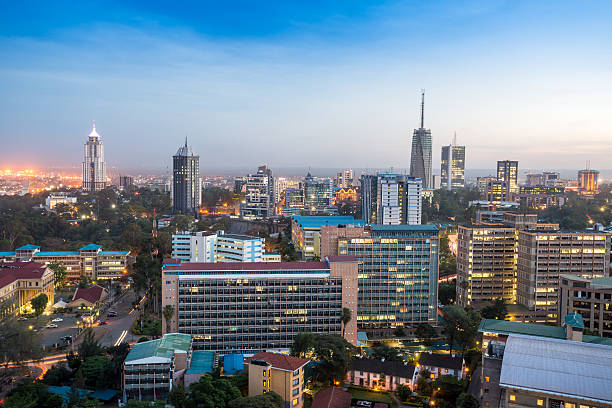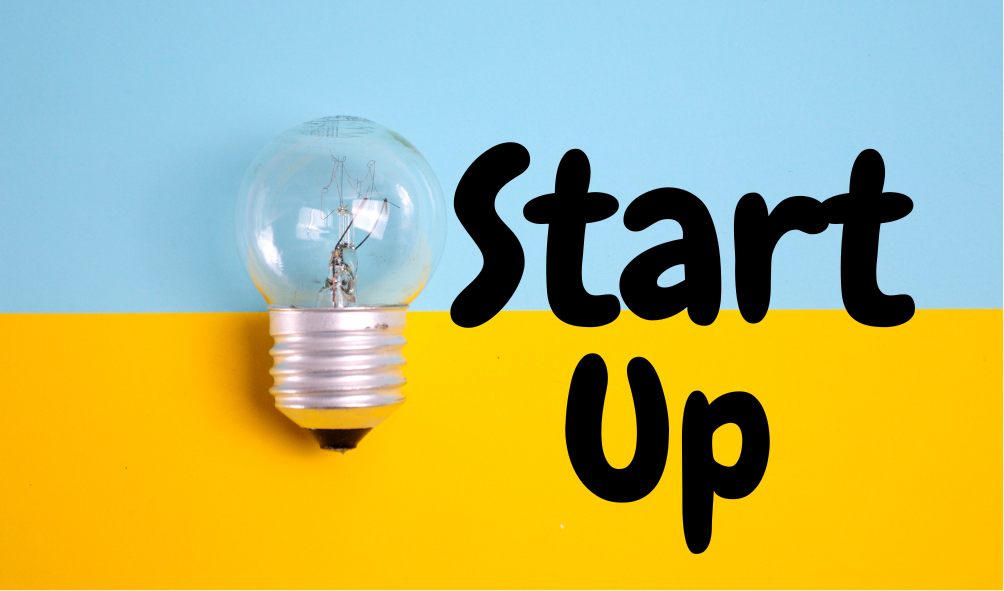This article was added to TechCabal by Conrad Onyango/bird Story Agency
A recent valuation of a retail tech start-up, Wasoko, backed by high profile investors and a strong pick-up in volume and value of fundraising in Africa’s silicon savannah offers a favourable breeding ground to deliver Kenya’s first Unicorn.
Kenya is closing in on its first unicorn after retail tech start-up, Wasoko, formerly Sokowatch, raised $125 million from international investors, pushing up the company’s valuation to $625 million.
Wasoko’s current valuation coupled with its high growth prospects and backing by high profile investors puts it in a pole position to join Africa’s growing billion-dollar tech start-up league that is currently dominated by West African firms.
After raising what is considered as Africa’s largest fundraiser for a non-fintech start-up, Wasoko founder and global CEO, Daniel Yu, is keen to tap into a “growing interest in the continent’s food e-commerce and retail tech segments” by foreign investors.
“We’re fully focused on leveraging their strategic support to build one of the biggest e-commerce companies in the world and transform access to goods and services for African citizens across every corner of the continent,” said Yu.
Last month, another Kenyan-based retail tech start-up, MarketForce, also closed a $40 million Series A round to affirm growing attractiveness in the segment.
Tiger Global and Avenir Growth Capital who led Wasoko’s Series B round also co-led a unicorn—Flutterwave’s Series C investment in March 2021.
According to Wasoko, the value of Africa’s informal retail economy, which employs more than 80% of small businesses, including corner shops, is $600 billion.
In its expansion plans, the start-up has its eyes fixed on Senegal and Ivory Coast—new markets it considers as high growth regions based on their past 10-year economic outlook—to drive demand for its services.
“Our choice to expand to the Francophone West African markets, reflects the strong growth that those countries have exhibited in the region overall,” said Yu.
The startup ecosystem in Africa’s Silicon Savannah has also begun to crack up its fundraising, with the latest figures showing very high prospects of Kenya overtaking its slow growth last year.
Disrupt Africa points to a charged year for Kenya, seemingly relegating its 2021-slow pace to Egypt as Africa’s giant ecosystems record over $1.1 billion from 110 start-ups in just over two months of 2022.
“This skyrocketing investment is being driven by Nigeria, Kenya and South Africa for now,” according to Disrupt Africa.
Kenya is currently ranked second in terms of value and volume of fundraising after 20 start-ups raised $223.5 million (19.9% of the total) as of March 1, 2022, rising from the fourth position in 2021.
Data from “Africa: The Big Deal,” ranked Kenya fourth for deals worth $100, 000 or more after securing $375 million in 2021.
Last year, Nigerian startups topped the table raising $1.37 billion followed by South Africa with $838 million and Egypt at $588 million in total fundraising by November 2021.
Nigeria continues to lead the continent in 2022 with Disrupt figures showing its 33 startups have so far banked $364.5 million (32.5% of the total), while South Africa finished in the third position with its 16 startups locking in $219.9 million representing 19.6% of the total.
Wee Tracker puts the number of unicorns in Africa at seven with its list comprising Jumia, Interswitch, Flutterwave, Andela, Wave, OPay and Chipper Cash.
The majority of these unicorns were born in 2021 when the continent experienced a historic buzz in its tech startup ecosystem resulting in record-breaking fundraising.
Nigerian Fintech Company, Flutterwave, was the first to get its horn in March after its valuation clocked $1 billion.
Eight months later, another Nigerian fintech company, OPay, joined the league of companies with $2 billion valuation, followed by Wave and Andela in September after hitting $1.7 billion and $1.5 billion respectively.
Chipper Cash, an African cross-border payments company, closed the 2021 ‘unicorn boom’ in November at a 2 billion valuation.




















